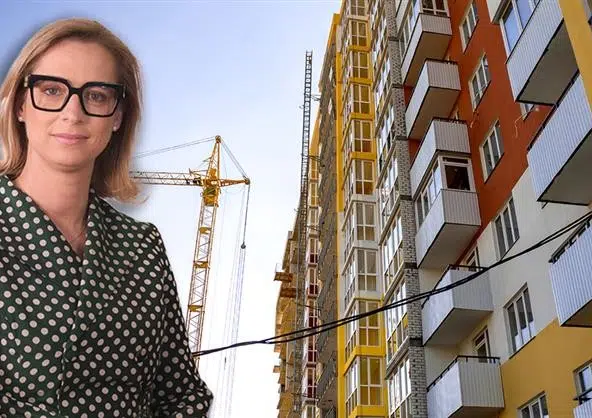The New Land Law Brings a Sea of Opportunities for Owners of Rural Land
The new land law presents a wealth of opportunities for those who own rural plots. This is because, in addition to using the land for farming or livestock, owners can now pursue reclassification of their land into urban plots, provided it is intended for constructing homes, particularly at affordable prices. In this guide prepared by idealista/news, we explain everything set to change with the government’s recent approval of this new land law and how rural landowners can benefit from these changes.
- What new developments does the change to the land law bring?
- Can rural landowners request reclassification?
- How does the process of converting rural land to urban work?
- What criteria must be met for building homes on these plots?
- Are there deadlines for building homes on reclassified land?
- Is it possible to sell the land after reclassification?

1. What new developments does the change to the land law bring?
This amendment to the Legal Framework for Territorial Management Instruments (RJIGT) allows for the construction of homes on rural land, which was previously not permitted. It is now possible to create new housing areas on rural plots, provided they are compatible with the urban area.
It is important to note that, according to the decree-law approved by the Council of Ministers last week, certain rural plots, such as those designated as national agricultural and ecological reserves or areas deemed hazardous, cannot be converted into urban land.
2. Can rural landowners request reclassification?
Rural landowners can take the initiative to contact their local councils, expressing interest in changing the classification of their land to urban. This will provide them with an immediate indication of whether their land has the potential for reclassification.
Under this new special regime, however, the reclassification process is initiated and managed by the councils, without requiring approval from other entities. Consequently, only the local authorities have the power to decide whether to proceed with reclassifying rural land to urban.
3. How does the process of converting rural land to urban work?
While landowners can propose the reclassification of their plots, the request for reclassification is initiated by the councils through a simplified amendment to the municipal master plan. According to ECO, which reviewed the decree-law, councils must submit a proposal outlining the reclassification justification, the area involved, the total construction area, the number of homes, and an urbanisation and construction plan.
The proposal is then subject to a public consultation period of at least 20 days. Afterward, the council incorporates any necessary changes to the proposal and submits a final document to the Municipal Assembly, which makes the ultimate decision.
4. What criteria must be met for building homes on these plots?
The primary goal of converting rural land to urban is to increase the supply of “new homes at prices affordable to middle-class incomes in each council area,” clarified Castro Almeida, the Minister for Territorial Cohesion, in a statement.
As such, the reclassification process led by councils must include a housing construction plan with clear criteria. At least 70% of the homes built on these plots must be designated for public housing, affordable rentals, or homes sold at moderate prices.
The majority of these homes must be sold at accessible prices, with a maximum price equivalent to the national median house price. In cases where this is exceeded, the maximum allowed is 125% of the local council’s median or up to 225% of the national median. For example, in Lisbon and Cascais—Portugal’s most expensive areas—the price ceiling would be 225% of the national median.
The remaining 30% of homes can be sold without price restrictions, allowing developers to generate higher returns.
5. Are there deadlines for building homes on reclassified land?
Yes. Construction projects under this new law must be completed within five years. This includes both urbanisation works, such as roads and utilities, and the construction of the homes themselves.
The decree-law does allow for an extension of this timeframe, but only once and for a period equal to at least half of the original term. Such an extension can only be granted under exceptional circumstances and provided urbanisation works have already commenced. This means construction on rural land could take over seven years in some cases.
If no urbanisation works are undertaken within this period, the land’s urban classification may lapse, reverting to its original rural designation.
6. Is it possible to sell the land after reclassification?
Yes, but the sale of land reclassified as urban includes obligations related to the construction of affordable homes. According to the decree-law cited by ECO, “contracts for the purchase and sale or agreements promising sale of properties designated for moderately priced housing, autonomous building units, or urban plots subject to price limits cannot be formalised until these facts are definitively registered, under penalty of nullification.”
If you’d like to learn more about the opportunities brought by the new land law and how to make the most of it as a rural landowner, don’t hesitate to contact us. Our team is ready to provide detailed guidance and answer any questions you may have about this transformative legislation.
in: idealista.pt



